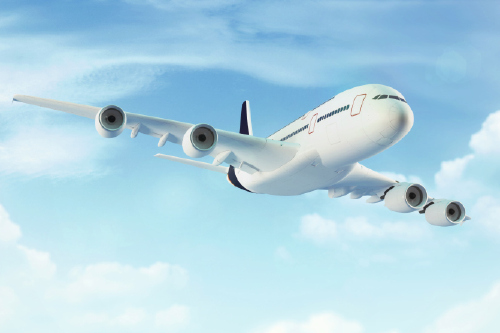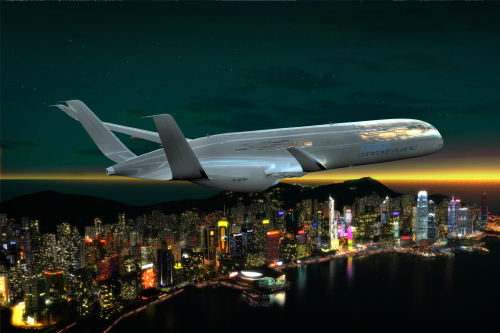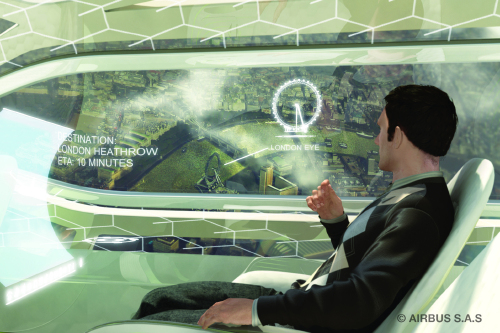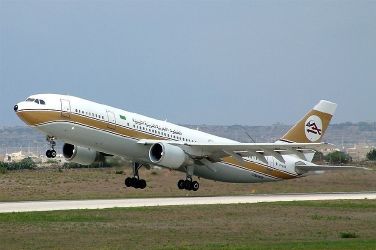
future travel
USBs were first invented in 2000. For £100s, we could buy flash memory sticks that allowed us to store data. Now, memory sticks are so common, they are often given away as freebies in company marketing.
Back in 2001, the very best of mobile phones could connect to the web using WAP browsing. Although connected to the internet, browsing on mobile phones was slow, clunky, limited and expensive. We are now able to buy, watch, and download from our phones at a speed that sufficiently challenges broadband.
 In 2003 mobile phones began to see their integration with cameras. When cameras were introduced to phones, the image quality, particularly with video, was so poor that it dragged photography back 50 years. But just 10 years on, the most popular camera in the world is the iPhone.
In 2003 mobile phones began to see their integration with cameras. When cameras were introduced to phones, the image quality, particularly with video, was so poor that it dragged photography back 50 years. But just 10 years on, the most popular camera in the world is the iPhone.
Okay, so mobile and web technology has been making remarkable strides, but how much has technology changed the world of travel?
Well, the Segway, invented in 2001, certainly didn’t catch on and the 2003 car-boat was shunned even further. The self parking car in 2003 has had several failed copycat attempts and the 2001 self steering bus was never even heard of.
Top of the agenda for travel innovation right now is the environment. The future of travel needs to see less pollution and more eco-friendly solutions. However, it may seem that this idea is something new, but these issues were in the minds of inventors over a decade ago.
The Ford Think electric car was invented in 2001 along with the electric bike, while 2003 saw the invention of the hydrogen scooter. 10 years later and we appear to be no closer to the mass use of eco friendly travel in the public domain.
Although hybrid cars are slowly being introduced, they are far from overtaking petrol and diesel cars and the performance often lacks and the costs of the cars are usually higher than their standard fuel swigging rivals.
Integrating computing with the entertainment aspects, such as iPod docks and DAB radios, as well as performance and safety, such as intelligent airbags and automatic braking, car companies have slowly introduced more technology into their products.
It seems however, that public transport has been moving fairly slowly over the years. Although high speed trains cut journey times and up to date train times are more accessible, technology is yet to cure the headache of the most important aspect of public transport - delays and cancellations.
However, it may be that this lack of real innovation is more of a national issue, rather than global one. In China, the metro systems work on a clever plastic coin system that is almost impossible to evade. Most stations also have a thick glass screen that prevents anyone from falling onto the track. The trains are designed to stop parallel to the automatic glass doors and the gap between train and platform is minisculte.
The metro system in Hong Kong has full mobile phone connectivity and carries 90 per cent of daily travellers. The public transport systems are so good, that only four per cent of Hong Kong residents have cars.
While the UK is one of the busiest rail networks in the world and carries over a billion people per year, the average time for a train delay in Japan is under 20 seconds. Japan’s rail systems carry over 20 billion passengers per year. According to Network Rail, 38 per cent of trains throughout the UK are late, with only a half of long distance trains arriving on time.
While technologies have advanced many transport systems in the UK, such as London’s Metro Oyster Card and National Rail real-time smart phone apps, the trains themselves are often still old, rundown and lifeless. Most trains in China have televisions, as do New York taxi cabs.
The city public bike sharing system, like the Barclays Cycle Hire in London, has developed throughout the world, becoming a highly used form of transport, even in countries as close as France. However, the service has proceeded particularly slowly in the UK compared to the rest of Europe.
When it comes to buses, the state of affairs is almost embarrassing for the 21st century.

With a distinct lack of user friendly and easily accessible bus timetabling systems, many bus users, particularly in the suburbs, rely on the paper timetables at the stop - some of which are damaged, incorrect or just non-existent.
As for getting on the bus, you should be sure to have the right change, as many are passengers are turned away if trying to pay with notes. While in some countries, such as America, most bus services do not give change at all.
Long distance, private bus services, such as Greyhound and Megabus, are somewhat better, offering more comfortable chairs, plugs and wifi. In many cases though, wifi is often only available at extra cost.
With many of us now working from cloud storage, internet access is even more vital and it appears many transport companies are cashing in on something that is becoming a necessity in the digital age.

So what about the skies? Flight is certainly a scientific marvel and the commercialisation of flight has been an enormous stepping stone in developing the world. However, it seems that travelling by plane has mainly stayed the same for several decades.
Although many countries are testing the waters for revolutionary technology, such as unmanned planes and further attempts at supersonic jets, not much of this innovation finds its way to the everyday passenger.
Baggage restrictions are still the same, prices are still high and if you are over six feet tall, your flight's going to be an uncomfortable one. Similarly to the other modes of transport, technology has improved aspects of flight, like online check in systems and price comparisons, but as far as enhancing the quality of the journey, advances have been slow.
Only the higher priced, top market Airlines have personalised, on-demand movies and music on headrest televisions, while some still have scheduled movies on shared screens, while budget airlines often have no entertainment - sure, the word ‘budget’ should justify that, but in reality, the budget airlines aren’t usually that cheap after extra fees.
The biggest nut for flight companies to crack now is the availability of internet access. There are several national airlines that are attempting it, either through land connectivity or linking up to satellites, but for now, nothing serious has come out of these attempts.
If we move away from the actual journey itself and look at some of the other aspects of travel, then technology shifts from being underused to being confusingly structured.
Take sim cards for example. Anyone who has ever tried to organise phone connections while travelling, particularly when touring different countries, will know how much of a headache it is.
Firstly, the contract you’re on will not work abroad, but the phone company won’t freeze your account for the three months that you are away on your tour of Asia - so those texts, minutes and data will go paid for, but unused.
So, you can use the handset, but you need to buy a new sim card, but you have turn off the roaming, because you will get charged. You can make calls at a standard charge of £2.50, with an extra charge of 10p per minute to European countries except Bosnia and Switzerland.
You can swap your minutes for texts at a rate of 8p per text, but only in Peru. If you want to call America, you will have to get an extension package, or you can buy a local sim with a new number, but first you will have to get your phone unlocked, which will cost you £40.
The sheer hassle of communication through phones is enough to put anybody off, nevermind the extortionate prices that are usually charged. Is that the internet I hear you suggesting?
Yes, of course, social networks and video calling have made it cheaper and easier to call home. It works great when visiting developed countries, but if you’re visiting anywhere without wifi, your tech is rendered pointless and you are back to square one.
There is similar hassle when it comes to money. With many people avoiding carrying around stacks of cash while travelling, they are turning to the confusing world of overseas pre loaded money cards. Many of which however, have restrictive and inconvenient conditions, such as minimum loads and withdrawals.
There are a whole host of private companies to use, or there are bank cards, which aren’t credit cards, but work like debit cards, but don’t have chip and pin and your insurance will cost extra.
When it comes down to it, it seems that although technology has advanced aspects of transport and travel, many of the major flaws still exist and don’t seem to be changing anytime soon.
In developing transport, cars have seen the biggest technological transformation, offering much more comfort and performance, but the experience of public transport still feels far away from becoming enjoyable. Planes have installed some TVs, but that’s about it.
The Future
So, what can we look ahead to for our travel? Well, European aircraft manufacturer, Airbus, has set out its vision for air travel by the year 2050.
In its ‘Future by Airbus’ project, the company hints towards the possibilities of automated flocks of planes flying the same path, personalised pods inside the carrier, flying hotels and casinos and enormous mega-carriers that dock and shuttle smaller planes.



However, if we look at how planes and the experience of flight has advanced in the previous forty years, then not much has changed. The Airbus 300 was invented in 1972. Forty years on and things aren’t looking too different.

Jean-Pierre Tabone Adami
It seems that the technology is there, but the administration and financial restrictions hinder the rapid revolution of commercial travel. Many technological advances are pushed towards military and governmental use before entering the public mainstream and whenever there is a new step forward in providing a better travel experience, corporates put a price on it.
It is unlikely that technology will advance as far as what Airbus predicts in the next forty years, but as my dad often tells me, “video calling was something that I never believed I would see in my lifetime. It was just something off Star Trek.”
Female First
James Mellan @jamesmellan1
Tagged in Travel Gadgets Technology

